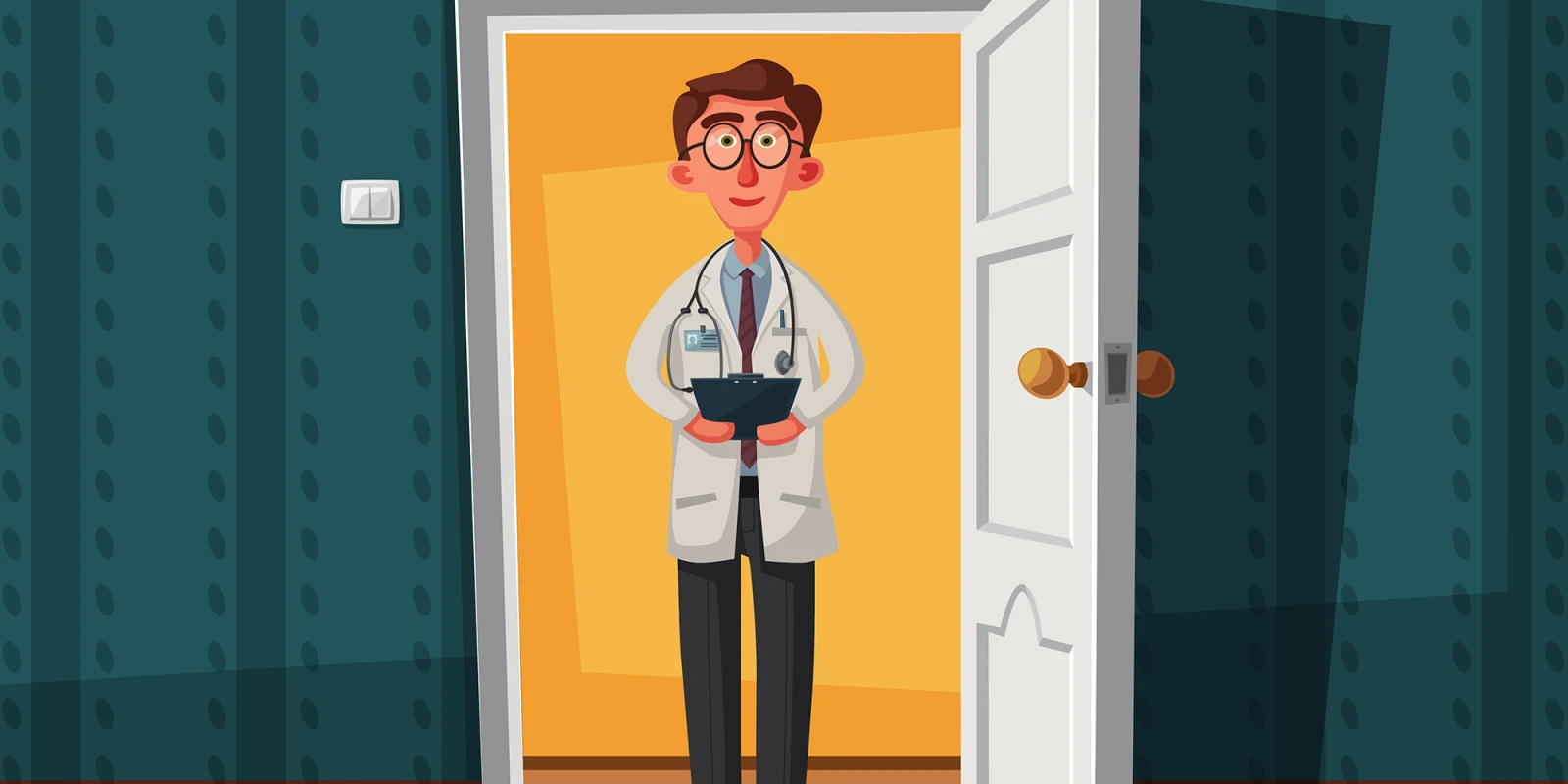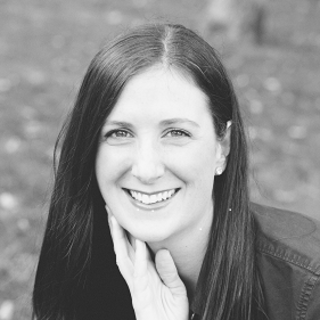
Is it time to call the coroner for private practice? After all, it is a dwindling way of life. Headlines like "Why Private Practice Is Dying" and "The Slow Death of Private Practices" proclaim its virtual disappearance. This concept has even burrowed into casual conversation. While listening to one of my favorite medical podcasts, the hosts mentioned that most physicians in their large metropolitan area were employed by a larger organization, while their experience in private practice was almost nonexistent.
Well, forestall the funeral procession and erase the eulogy. Private practice is alive and well, offering some enticing career advantages. Even more, there are some distinct aspects of the current healthcare culture that make it easier than ever to start and continue running a practice. The American Medical Association's Physician Benchmark Survey provides us with the most current data on practice arrangements. They include doctors who work at least 20 clinical hours per week, excluding those employed by the government. The 2016 survey of 3,500 doctors showed physician ownership at 47 percent, dropping for the first time to under half of all practice arrangements. A majority of physicians (57.8 percent) continue to work in smaller settings with less than 10 physicians and only about a third (32.8 percent) of physicians are in hospital owned practices. If nearly 50 percent of doctors choose to practice in a physician-owned setting, one can hardly call on dinosaur and extinction analogies.
The endless narrative of my dying breed had even seeped into my mindset, slowly molding my perspective. I attended my first American College of Physicians (ACP) national conference this year and I remember being shocked at how many fellow doctors in private practice I met, including some in upper ACP leadership. What an impression meeting each private practice colleague left on me.
I am not alone in my fondness for this vital and rewarding way of practice. Being your own boss leads to increased career satisfaction, along with an enhanced feeling of independence and flexibility. As my partner told me once, "You work for yourself. No one is going to tell you you cannot go pick up your kid." If your nanny is sick, bring your kids to hang out in your office. If you want to volunteer to speak at a community event, reschedule patients for the end of your day. If a patient sexually harasses you and the therapeutic relationship is compromised, you can send a dismissal letter without clearing it with administration. No man upstairs gives you a quota for how many patients you need to see. You work hard because it pays off for you. And, usually it does pay generously, with higher earning potential for self employed physicians. Both of the Doximity and Medscape 2018 physician compensation reports demonstrate higher earnings among self employed/private practice owners, when compared to employed physicians. A 2016 Medscape survey of employed doctors showed self-employed physicians were also happier, reporting a "higher satisfaction with their current work situation."
Interested yet? It is easier than ever to start your own practice or assume the managing reins when entering into a partnership. Given the physician shortage in my own field of Primary Care, you could probably throw up a shingle and patients would line up to be seen. Join the Private Practice Physicians closed Facebook group and make friends in real life with other self-employed doctors; people will be more than happy to walk you through the steps to practice start up over the phone or through direct messaging. You can even learn how to start up a practice in a 50 minute podcast, like this one from The Physician's Road. Subscribe to a practice management periodical such as Family Practice Management. To keep up with changes in payment structures like value based payment, look into joining an Independent Practice Association.
My colleagues in academics do not even know what they are missing. No job is a walk in the park. But no administrator is discussing Press Ganey scores with those of us who choose self-employed practice. There is no need to request off three months in advance or face making up evening clinic hours like some of my university colleagues I recently ran into at a conference. And, I don't worry about a gender pay gap between myself and my male colleague because we both personally review our balance statements and bank account. Though no longer comprising the majority of physician practice arrangements in the United States, with its flexibility, independence and higher earning potential, private practice for me is the place to be. And 47 percent of my physician colleagues agree. Time to throw up your shingle.
Dr. Lauren Kuwik is a medicine/pediatrics physician as well as a 2018–19 Doximity Author.







